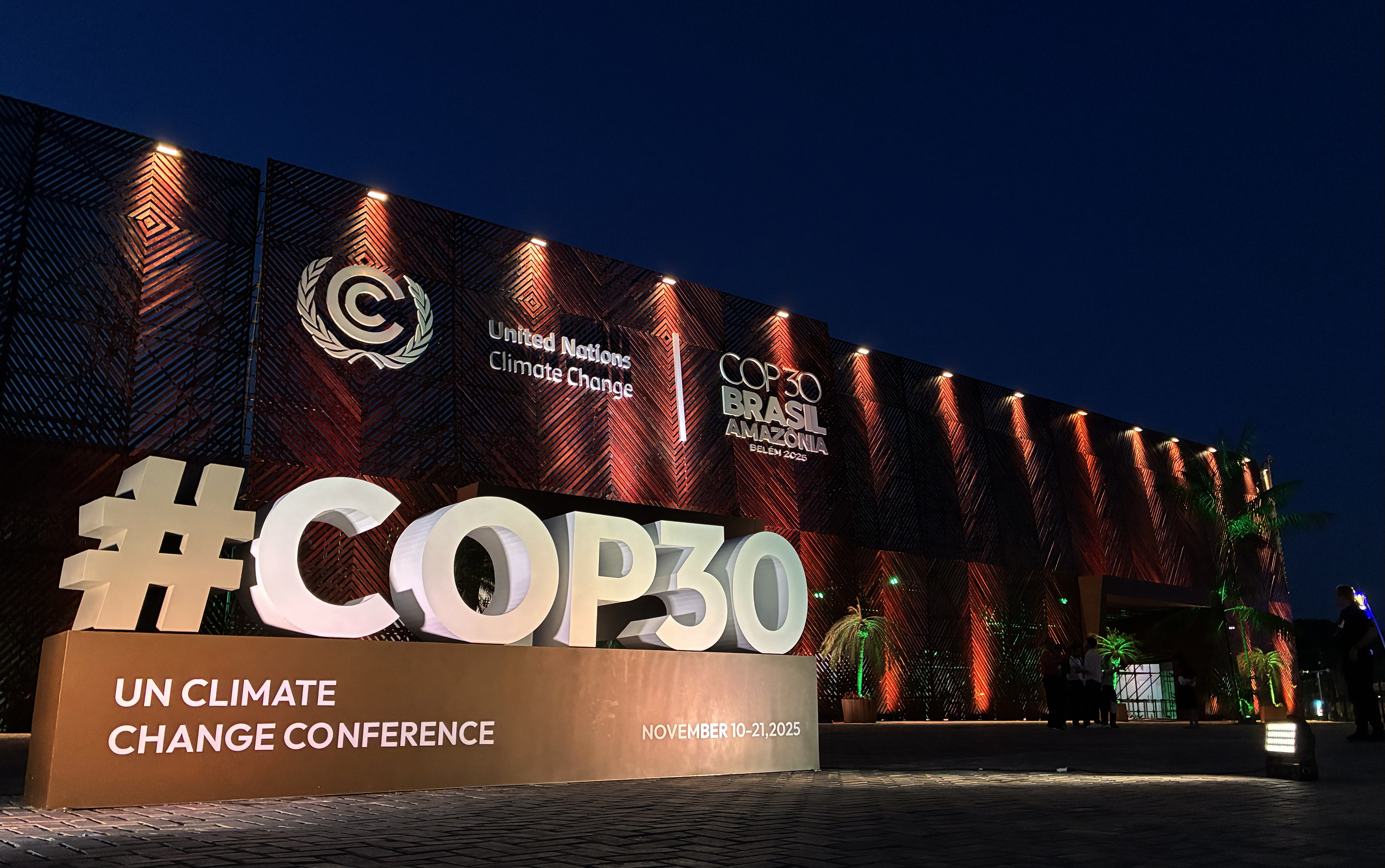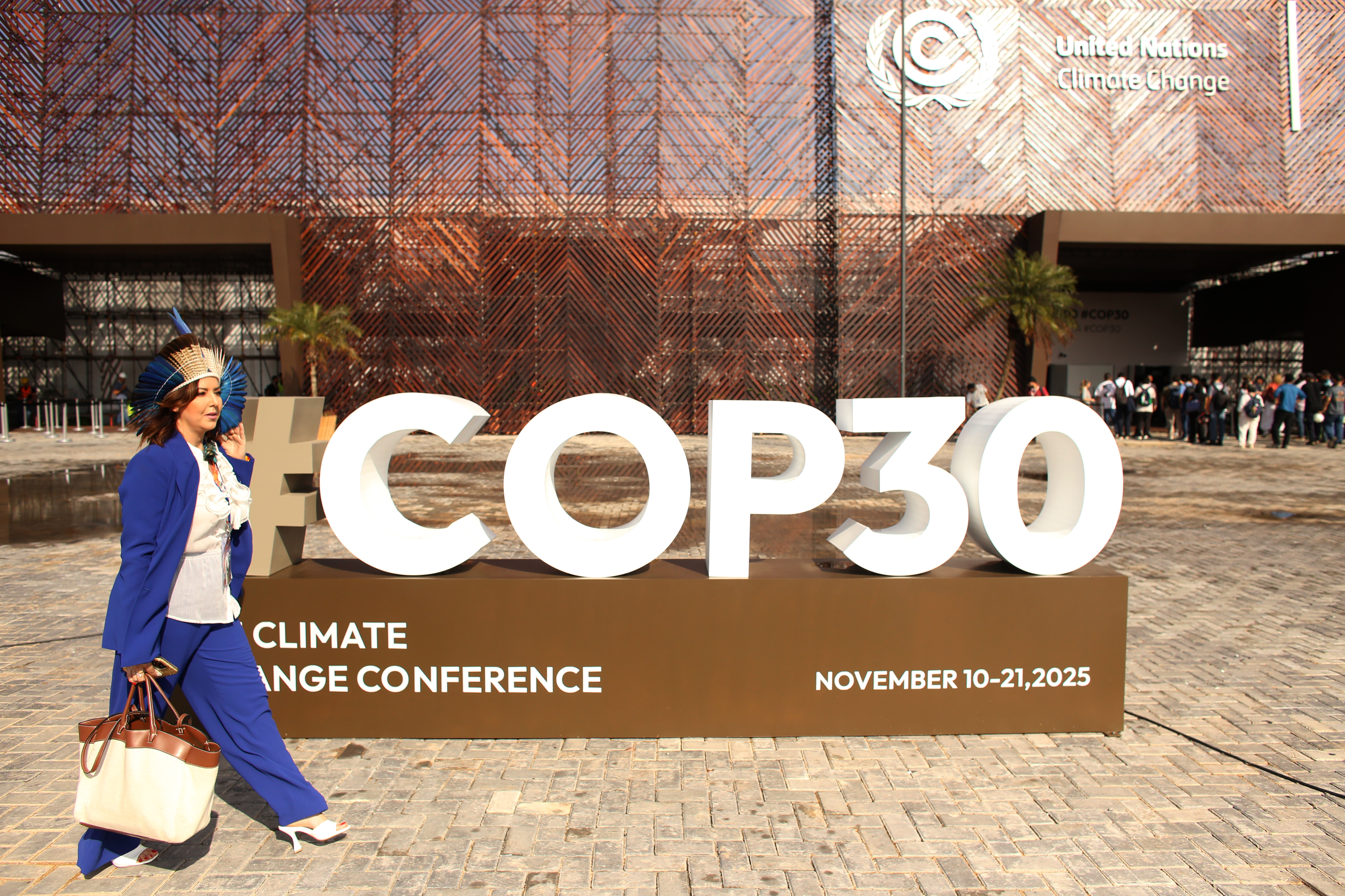The 30th Conference of the Parties (COP30) to the UN Framework Convention on Climate Change (UNFCCC) took place in Belém, Brazil, bringing together governments and stakeholders for the UN’s annual climate negotiations. This article, provided by LexisNexis UK Practical Guidance, offers a day-by-day overview of the key insights, decisions and developments from the Summit.
In this article, Estelle Dehon KC of Cornerstone Barristers examines seven key takeaways from COP30 and what they signal going forward.
The article provides a comprehensive analysis of the escalating health impacts of climate change across Latin America, as well as the region's progress and challenges in adaptation, mitigation, and engagement.
The high prevalence of musculoskeletal diseases, particularly rheumatoid arthritis, in the Misak indigenous community—originally from Colombia— is likely influenced by cultural, socioeconomic, genetic, and environmental factors, leading to significant disability. This study highlights the importance of implementing culturally sensitive, interdisciplinary interventions for early diagnosis, better treatment adherence, and improved health outcomes tailored to the community's specific sociocultural context.
The article discusses the integration of justice enablers, including recognitional, procedural, and distributive justice, into climate-health adaptation planning in South America.


